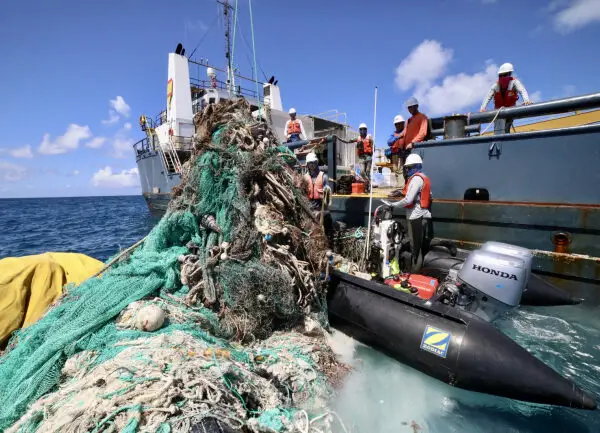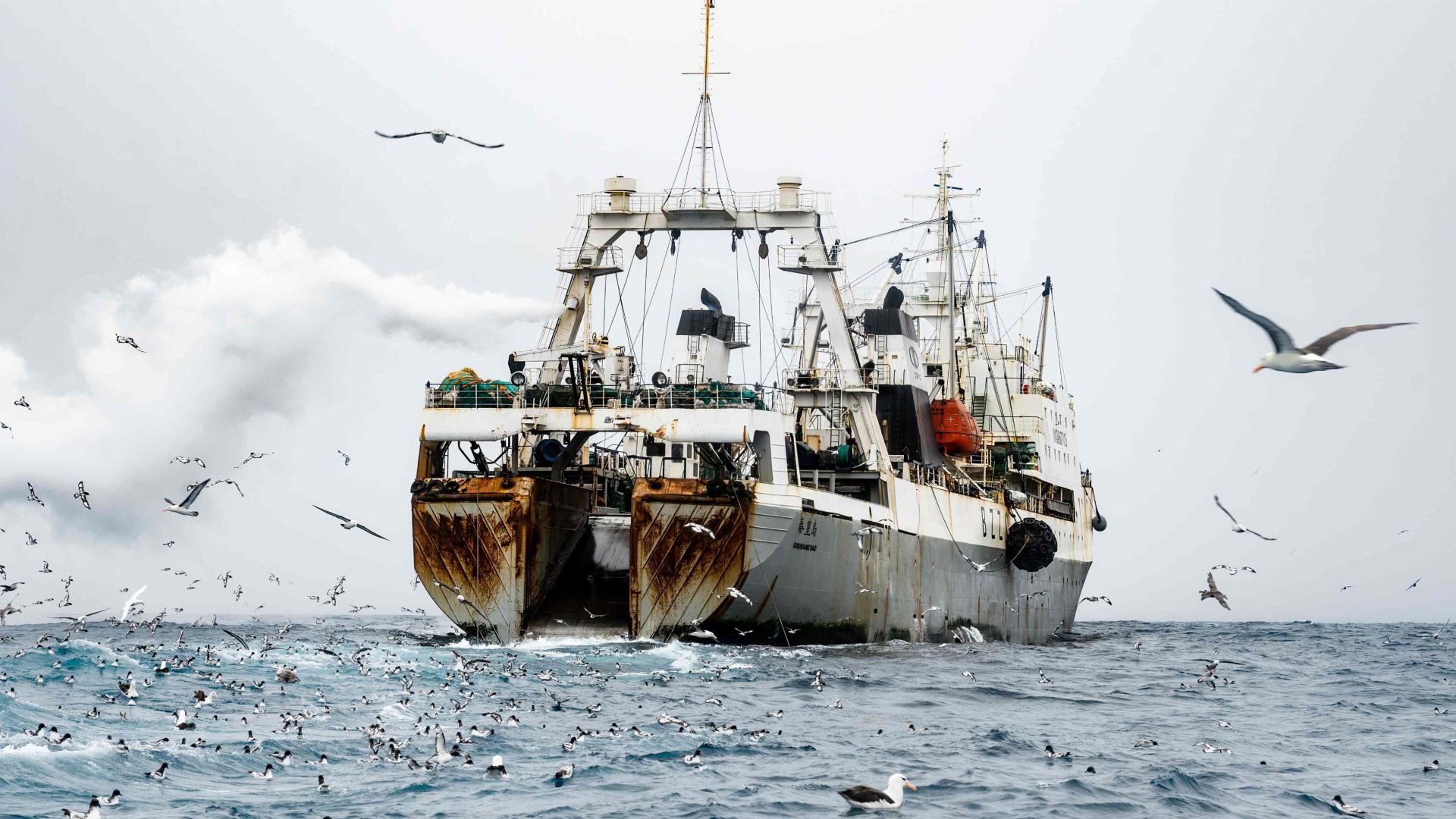The fragile ecosystem of Antarctica has long been safeguarded by international accords, with special attention to krill—a keystone species essential to the survival of many marine animals. However, a recent shift in power dynamics within the 26-nation Commission for the Conservation of Antarctic Marine Living Resources (CCAMLR) has raised serious concerns among environmentalists, scientists, and policymakers alike.
The move, led by China and Russia, to block renewed krill fishing restrictions and veto the establishment of marine parks is seen as a stark shift in the global approach to protecting Antarctica. It’s not only an environmental issue but also an emerging geopolitical conflict that could set a troubling precedent for international environmental governance.
The Strategic Importance of Krill: A Keystone of Antarctic Ecosystems
Krill, tiny crustaceans forming the base of the Antarctic food web, are vital for numerous species, including penguins, seals, and whales. Changes in krill populations affect the entire ecosystem, particularly in regions already under strain from rising temperatures and melting ice due to climate change. With 620,000 tonnes of krill allowed to be harvested each year, strict limitations are necessary to maintain ecological balance. A significant rule, known as Measure 51-07, further limits the concentration of krill fishing in specific zones to prevent localized depletion, ensuring penguins and other species reliant on krill remain undisturbed in critical feeding grounds.
Yet, the most recent CCAMLR meeting concluded without the renewal of this critical measure, blocked by China with Russia’s support. With the growing demand for krill as a resource in fisheries and commercial industries, this move to expand krill exploitation has implications that extend beyond Antarctica, reverberating across global environmental and political landscapes.
China’s role in Antarctica reflects its larger strategy of resource expansion. The country’s latest five-year plan outlines an ambitious target to expand its international fishing capacity, particularly in Antarctica, where krill is abundant. Reports suggest China has nearly completed four new krill-fishing vessels to achieve this goal, with plans for a significant increase in annual krill yields. As China scales up its factory fishing capabilities, it aims to capitalize on Antarctica’s resources while also securing a geopolitical foothold in the region.
Russia’s motivations in opposing restrictions on krill fishing and marine park designations are more complex. Experts argue that Russia, unlike China, has minimal direct interest in krill fisheries. Instead, Russia’s move aligns with its broader strategy to challenge the “rules-based order” that underpins international governance in regions like Antarctica. By actively participating in decisions that undermine environmental conventions, Russia sends a signal about its opposition to Western-led governance structures, effectively destabilizing international efforts to protect the environment.

The Precedent and Its Global Implications
The actions of China and Russia at CCAMLR meetings represent a worrying shift from the precautionary principles that have guided environmental protections for over three decades. Tony Press, a former head of the Australian Antarctic Division, voiced alarm over the shift, saying, “That sets a very bad precedent for the future.” Press’s concerns reflect broader fears that Antarctica could become a flashpoint in global environmental governance, where traditional conservation measures may be overruled by national interests.
A failure to renew established environmental protections in Antarctica would be more than a symbolic loss; it would erode the integrity of international environmental treaties and conventions, encouraging other nations to flout or disregard established regulations. This could weaken efforts in other critical areas, from biodiversity protection to climate change mitigation, as countries see fewer consequences for prioritizing short-term gains over long-term stewardship.
The CCAMLR, established in 1982, is one of the cornerstones of the Antarctic Treaty System, committed to preserving Antarctic marine ecosystems. With 26 member nations, including China and Russia, decisions require unanimous consent, a rule that grants veto power to any member. This unanimous requirement, intended to prevent unilateral exploitation, has been a double-edged sword. As demonstrated in the most recent meeting, a single nation—or in this case, a coalition—can obstruct necessary conservation measures, stalling progress and undermining CCAMLR’s mission.
The CCAMLR’s lack of enforcement mechanisms further complicates its ability to protect Antarctic ecosystems. While CCAMLR policies are legally binding, enforcing compliance depends largely on member nations’ willingness to cooperate. With powerful countries like China and Russia openly challenging protections, CCAMLR faces an existential crisis, struggling to uphold its principles amidst competing national interests.
The Ecosystem at Risk
The Antarctic ecosystem is one of the most unique and delicately balanced environments on the planet, where even minor disturbances can have catastrophic effects. Krill plays a critical role in this system, sustaining populations of iconic Antarctic species, including humpback whales, Adelie penguins, and crabeater seals. Scientists warn that any significant reduction in krill populations will ripple through the food web, potentially leading to declines in species that rely on krill as a primary food source.
Recent climate research underscores the urgent need for krill protection. As global temperatures rise, Antarctic sea ice is diminishing, reducing critical habitats for species that depend on krill. Consequently, the stress on krill populations has only increased, with scientists advocating for stricter fishing limits. China and Russia’s push for expanded krill harvesting directly threatens these species, jeopardizing both biodiversity and the stability of one of Earth’s last pristine ecosystems.
The international community’s response to the breakdown in Antarctic conservation has been swift, with conservationists, scientists, and policymakers alike calling for increased diplomatic pressure on China and Russia. Conservation groups argue that the opposition to environmental safeguards should not go unchallenged, urging other CCAMLR members, including the United States, European Union, and Australia, to take a stronger stance. These groups advocate for exploring alternative legal and diplomatic avenues to prevent further erosion of Antarctic protections.
The growing support for marine protected areas (MPAs) around Antarctica is an indication of the international community’s commitment to long-term environmental stewardship. These MPAs, if implemented, would safeguard critical habitats and provide krill and other species with refuges from commercial fishing pressures. Yet the current impasse in CCAMLR highlights the need for stronger leadership and decisive action. As the situation stands, international efforts to designate new MPAs have stalled, with China and Russia wielding veto power to block these initiatives.

A Test for Multilateralism
The recent CCAMLR meeting serves as a stark reminder of the challenges facing global environmental governance. Multilateral bodies like CCAMLR were designed with a cooperative approach, assuming that nations would set aside narrow interests for the greater good. However, China and Russia’s actions reveal the limitations of this model, where a single nation’s veto can upend years of progress. The CCAMLR crisis exemplifies a broader issue within multilateral institutions: the struggle to reconcile national sovereignty with the need for collective action on environmental issues.
As climate change and biodiversity loss accelerate, the world is entering an era where the stakes of environmental policy have never been higher. Antarctica’s conservation efforts could provide a blueprint for how the global community addresses these threats. The current impasse, however, underscores the urgent need to reform these institutions, finding ways to prevent obstructionism from derailing critical environmental protections.
Despite the obstacles posed by China and Russia, there are potential paths forward. One option is to increase the diplomatic pressure on these nations, urging them to adhere to established norms and align with the precautionary principles that have long governed Antarctic conservation. Countries like Australia and the United States have already signaled their commitment to Antarctic protections, and they could leverage their influence within other international forums to build a coalition dedicated to preserving Antarctic resources.
Additionally, strengthening CCAMLR’s decision-making framework could help to prevent future blockages. A shift from a unanimous decision model to a supermajority rule could be a solution, allowing CCAMLR to make progress even if a minority of nations are opposed. Though such a change would require significant negotiation, it could ultimately empower the organization to enforce its conservation goals more effectively.
Finally, continued research and public awareness are crucial. By highlighting the environmental importance of Antarctica and the risks posed by unchecked exploitation, conservationists can galvanize public support for stronger protections. Global awareness and advocacy can create pressure on decision-makers, encouraging them to prioritize environmental conservation over short-term economic gains.
The Need for Collective Action to Safeguard Antarctica
The crisis facing Antarctica is a sobering reminder of the delicate balance between conservation and resource exploitation in a rapidly changing world. The actions of China and Russia at the recent CCAMLR meeting have exposed the vulnerabilities within international environmental governance, demonstrating how geopolitical interests can override ecological stewardship. Yet, as bleak as this moment appears, it also provides an opportunity for the global community to reflect on and reinforce its commitment to protecting Antarctica.
If Antarctic conservation is to succeed, it will require not only the cooperation of member nations but also a firm stand against obstructionist tactics that threaten the future of this irreplaceable ecosystem. The path forward will not be easy, but the stakes have never been higher. The loss of biodiversity, the impacts on marine species, and the precedent it sets for future international conservation efforts demand an urgent, united response.
In the end, Antarctica is not just a remote, icy expanse; it is a global treasure, a symbol of what the world can achieve through collective action and shared responsibility. The decisions made in the coming years will determine whether this fragile ecosystem can continue to thrive or succumb to the pressures of exploitation. Now more than ever, the world must come together to protect Antarctica, ensuring that its natural wonders and essential ecosystems endure for generations to come.



